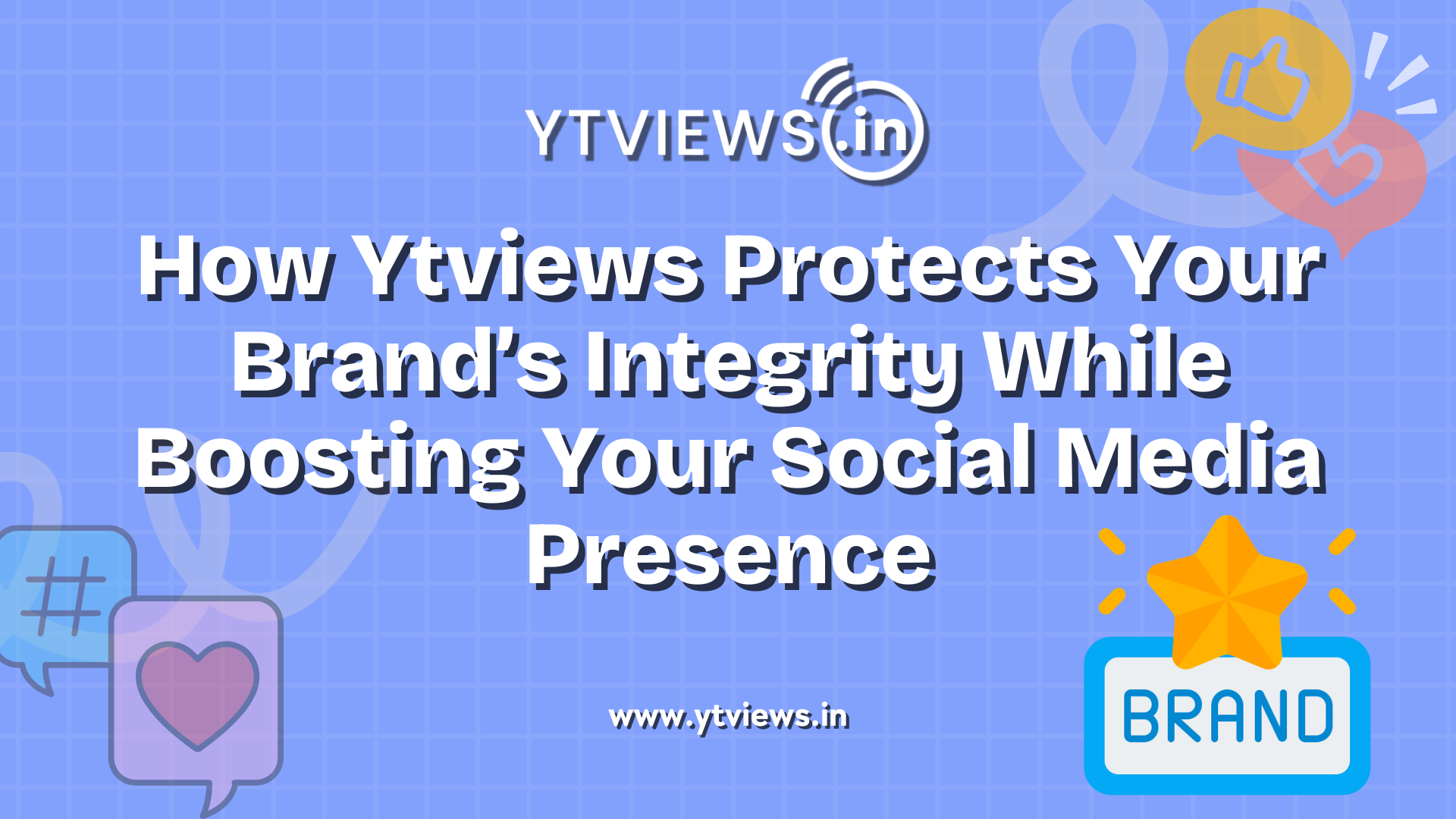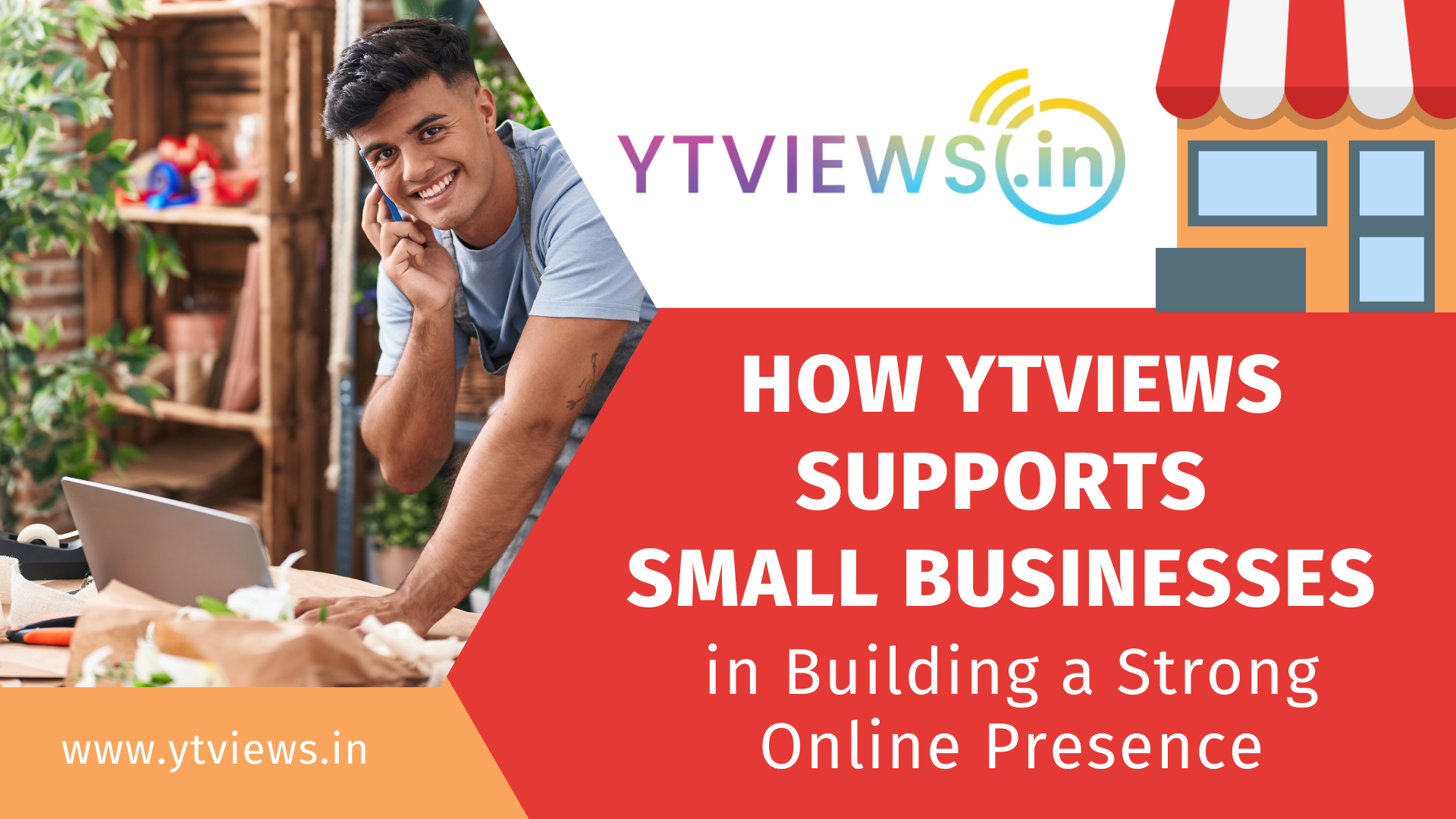Does social media enhance happiness?
Social media has become an integral part of our lives in the 21st century, with billions of people around the world using platforms like Facebook, Instagram, and Twitter to connect with others, share content, and express themselves. While social media can certainly have many benefits, including staying connected with friends and family, sharing experiences and ideas, and accessing information and entertainment, the question remains: does social media enhance happiness?
On one hand, there are certainly many arguments in favour of social media’s positive effects on happiness. For example, social media can help people feel more connected and less isolated, especially during times of physical distancing or other challenges. Social media can also provide a sense of validation and self-esteem, as users receive likes, comments, and followers on their posts. In addition, social media can offer an escape from the stress and pressure of everyday life, as users can scroll through their feeds and enjoy entertaining or inspiring content.
However, there are also many concerns about the negative effects of social media on happiness. For example, social media use has been linked to higher rates of depression, anxiety, and other mental health issues, particularly in young people. This may be due to the pressure to present a perfect image of oneself online, or the constant comparison to others that social media can facilitate. Additionally, social media can create a sense of FOMO (fear of missing out), as users see their friends and acquaintances enjoying exciting experiences that they themselves may not be a part of.
Another key issue is the phenomenon of “fake popularity” on social media, in which users can create a false sense of success or popularity through carefully curated and edited posts. This can lead to feelings of inadequacy or envy among those who cannot achieve the same level of apparent success, and can create a distorted view of reality far from the truth.

Overall, it seems that social media can both enhance and detract from happiness, depending on how it is used and perceived. While social media can offer many benefits in terms of connection, validation, and entertainment, it can also contribute to negative mental health outcomes and create unrealistic expectations and comparisons. Therefore, it is important for users to be mindful of their social media use, and to strive for balance and authenticity in their online presence. By doing so, we can help ensure that social media remains a positive force in our lives, rather than a source of stress and unhappiness.











































